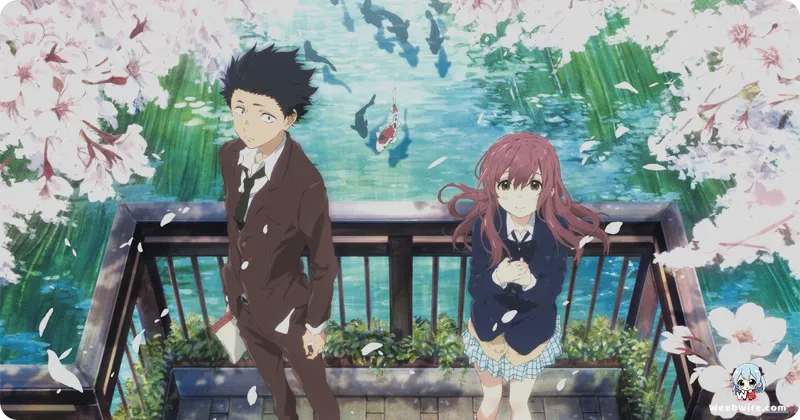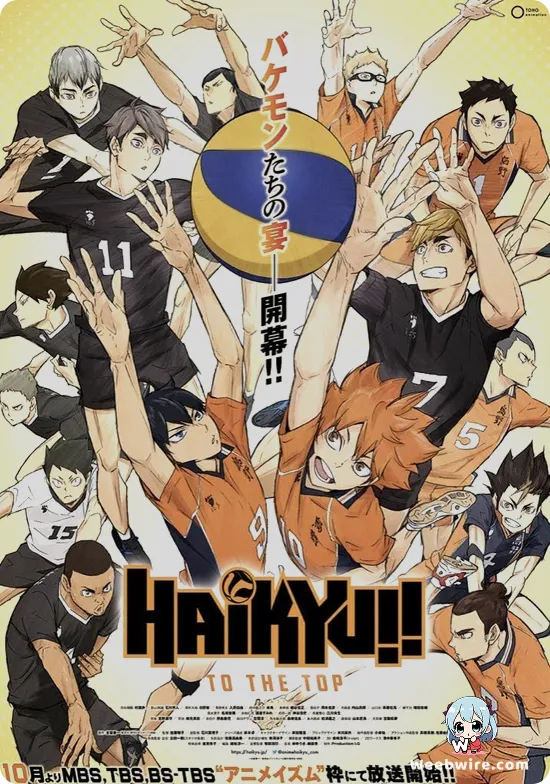A Silent Voice: Unmasking the Layers of Kyoto Animation's Emotional Masterpiece

Kyoto Animation's 2016 cinematic triumph, A Silent Voice (Koe no Katachi), stands as a profoundly moving and visually stunning exploration of bullying, disability, mental health, and the arduous journey towards redemption and self-acceptance. Universally acclaimed for its emotional impact, the film is meticulously crafted, replete with fascinating details and insights that elevate its powerful narrative.
Central to its visual storytelling are the symbolic 'X' marks initially obscuring characters' faces from protagonist Shoya Ishida’s perspective. These 'X's powerfully represent Shoya’s self-imposed isolation and inability to connect due to past actions. Their gradual disappearance signifies his emotional growth and breaking internal barriers, brilliantly illustrating the film's core theme of communication and understanding.
The film's genesis lies in Yoshitoki Ōima’s acclaimed seven-volume manga, which began as a one-shot in 2011. Ōima drew upon personal experiences and research for her sensitive portrayal of a deaf character. Kyoto Animation, committed to authenticity, meticulously adapted the manga. To ensure accuracy in depicting Japanese Sign Language, animators collaborated closely with deaf individuals and expert interpreters, ensuring every hand movement conveyed precise meaning, making these scenes incredibly impactful.

Beyond visuals, the sound design plays a vital role, conveying Shoko Nishimiya's unique sensory experience. The film masterfully juxtaposes Shoko's profound silence with the overwhelming auditory landscape Shoya perceives—the clamor of school, the chatter of crowds. This contrast highlights Shoko's reality and amplifies Shoya's internal turmoil, expertly immersing the audience in their emotional states.
Director Naoko Yamada, celebrated for conveying complex emotions through subtle expressions and body language, infused A Silent Voice with her signature touch. Her direction prioritizes the unspoken, allowing internal struggles to manifest through posture, gaze, and delicate facial movements, rendering Shoko's character deeply empathetic.
While the film condensed plot points and character arcs from the expansive manga due to its runtime, it flawlessly preserves the core emotional narrative and its powerful message of forgiveness and understanding. The phenomenal voice acting, particularly Mayu Matsuoka as Shoya and Saori Hayami as Shoko (who underwent sign language training), adds immense depth, capturing raw vulnerability and profound emotion.
A Silent Voice transcends its premise to become a universal story about the human need for connection and the courage to confront one's past. Its enduring appeal stems from stunning animation, compelling narrative, and its unparalleled capacity to ignite empathy and foster crucial conversations about mental health, inclusivity, and the transformative power of genuine communication.
Credits
A Silent Voice
Author
Yoshitoki Ōima
Cover Art
Futoshi Nishiya
Studio
Kyoto Animation
Publisher
Kodansha
Producers





